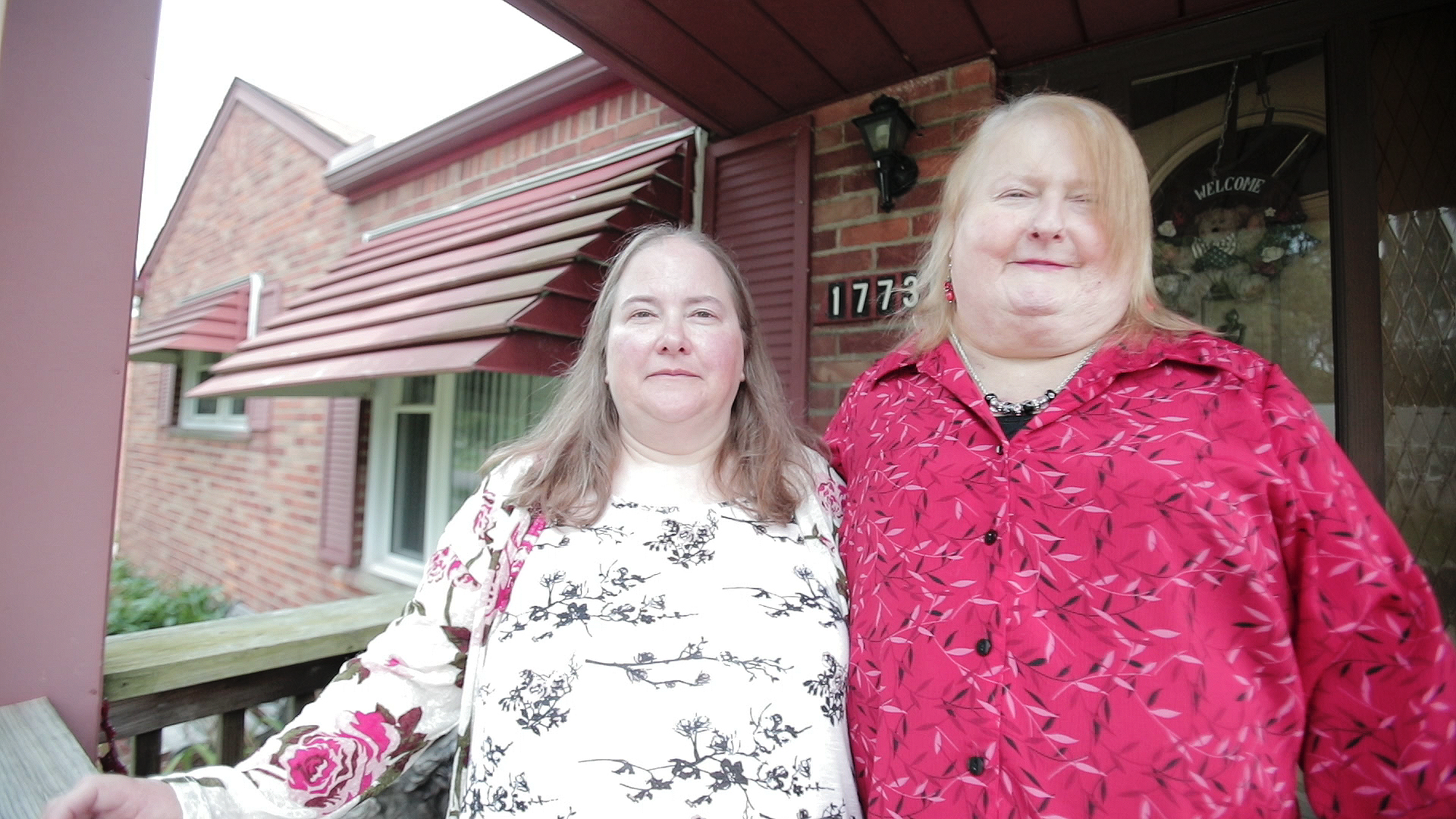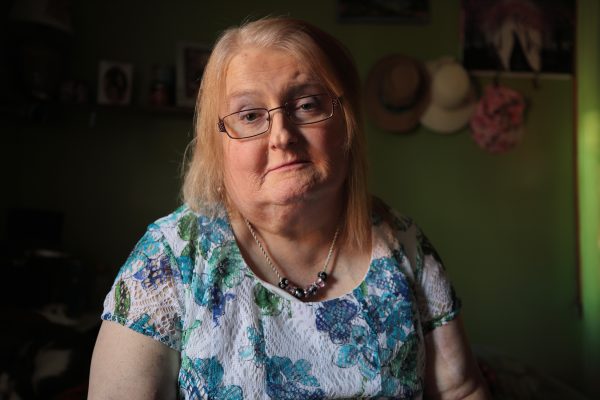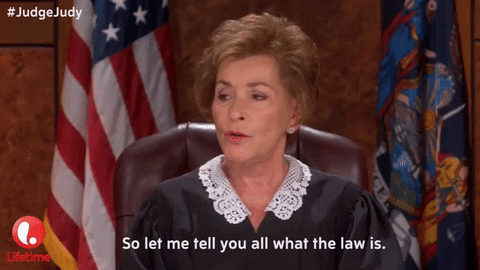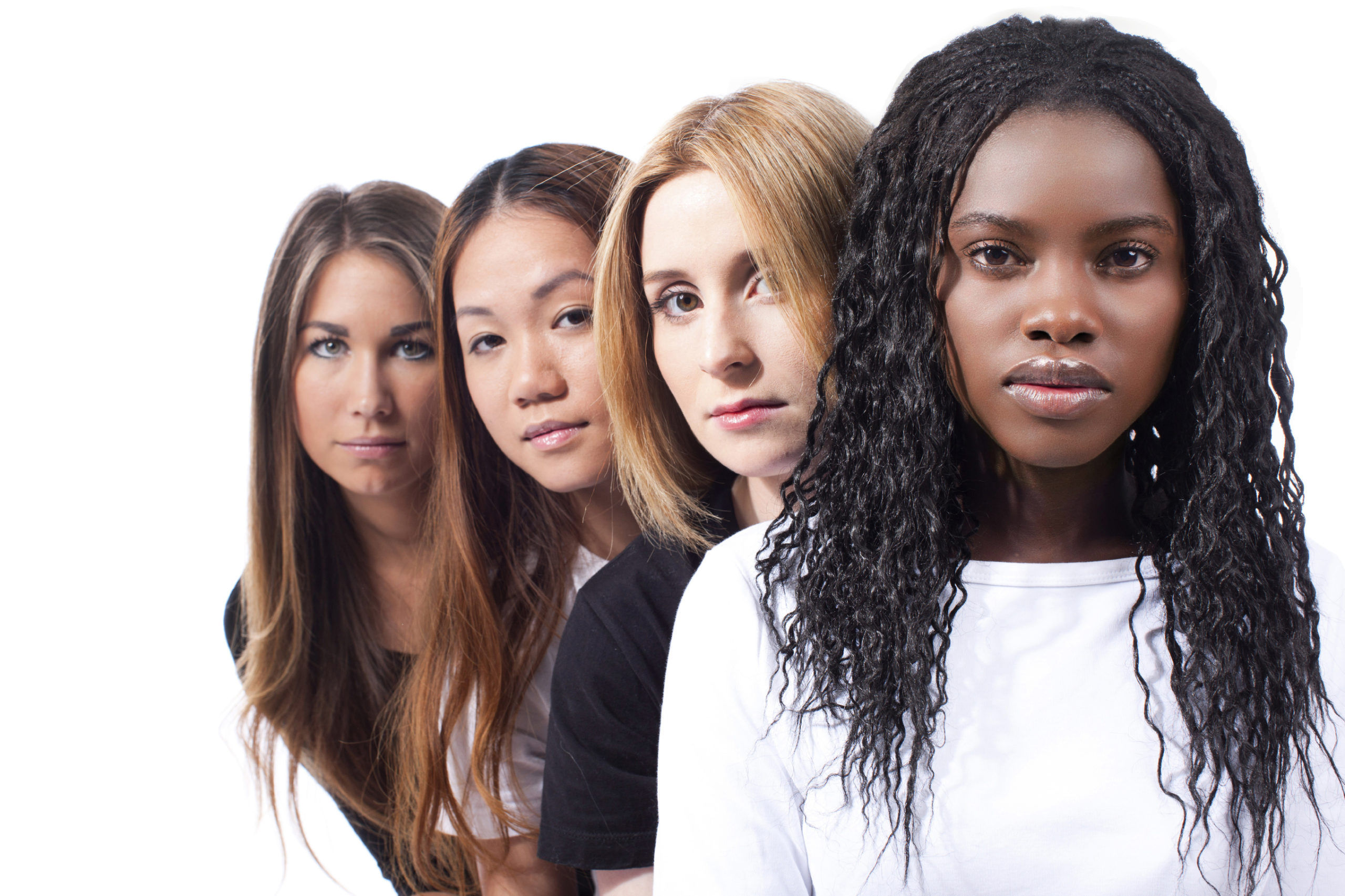5 Things You Should Know About the Landmark LGBTQ Cases at the Supreme Court This Month


On October 8, the Supreme Court will be hearing the cases of three people – Gerald Bostock, Donald Zarda, and Aimee Stephens – all of who were wrongly fired by their employers. Bostock and Zarda were fired for being gay, while Stephens was fired for being transgender. I probably don’t need to tell you twice that these cases are monumental – and the outcome will have a huge impact on not just LGBTQ people, but pretty much anyone who has a boss across this country.
With a Supreme Court that hasn’t always been on the side of LGBTQ people, as well as a few members that don’t care about the bodily autonomy of women, we’ll be watching how these cases proceed closely. In the meantime, here are some important facts about these cases you should know before October 8:
1. What happened in these cases is sex discrimination, plain and simple.
These cases are textbook examples of sex discrimination. Both Gerald Bostock and Donald Zarda were fired for being male employees with male partners, AKA not adhering to a sex stereotype that men should date women. Had they been women who had male partners (I.E. conformed to those sex stereotypes), they wouldn’t have been discriminated against. Aimee Stephens was fired after coming out as transgender to her boss ,and presenting as a woman at work. Her boss fired her because he believed her gender presentation didn’t align with the sex she was assigned at birth. In other words, she didn’t adhere to his sex stereotypes regarding women and men.

2. If the Supreme Court sides with these employers, this would hurt all workers, and particularly women.
Even if you are a cisgender person (someone who identifies with their sex assigned at birth), there’s a good chance you don’t conform to traditional expectations of your gender either. So if the Supreme Court hands employers a blank check to impose whatever their version of those gender norms are, most of us are going to be impacted. I’m gonna go with Janelle on this one:

No one should have to worry about being fired because they’re not living up to their boss’s idea about sex-based stereotypes. A ruling like this would put LGBTQ folks, women, and really everyone at risk.
3. Sex discrimination against LGBTQ folks is illegal – and we need the Supreme Court to reinforce that.
If there’s one thing you should know about these cases, it’s this: Title VII has been around since 1964, and it prohibits discrimination in the workplace based on race, color, religion, sex, or national origin. For many reasons, anti-LGBTQ discrimination falls under sex discrimination. Like I said earlier, discrimination against LGBTQ people at its core is punishing people for not adhering to a stereotype about their sex assigned at birth, and about how people are expected to behave based on that (it’s also what NWLC argued in our amicus brief to the Supreme Court). Whether that’s discrimination against a person because of who they are partnered with, or discrimination based on their gender identity, what happened to Gerald, Donald and Aimee is illegal – and we need the Supreme Court to make that absolutely clear to these employers as well as the rest of the country.

4. Unsurprisingly, the Trump administration doesn’t think that sex discrimination should cover LGBTQ people.
Wow, an administration that’s made a name for itself by attacking LGBTQ people (and particularly trans people) basically every single day it’s been in power doesn’t think that existing anti-discrimination laws prohibiting sex discrimination protect LGBTQ people? SHOCKING. Yeah, it’s unfortunately not shocking in the least. The Trump administration is trying to claim that firing someone because they’re not adequately performing sex stereotypes is not sex discrimination… which just doesn’t make sense. At all.

What’s even more mind-boggling about this? The Equal Employment Opportunity Commission (AKA part of the U.S. government) first brought the Aimee Stephens case and supported the workers here using the same law and legal precedents – but the U.S. government is now arguing the opposite side, against the workers. Yes, the U.S. government is literally contradicting itself in these cases right now in order to turn their backs on workers in this country.
5. Beyond the current federal protections against sex discrimination, LGBTQ people could still use more explicit protections within federal law.
Here’s the thing: LGBTQ workers in over half of our country would have no rights if the Supreme Court rules against the plaintiffs. That’s because 28 states don’t have any state laws explicitly preventing discrimination against LGBTQ people. There’s some good news though! The Equality Act, which would amend the Civil Rights Act of 1964 and other key federal laws to provide even more explicit protections based on sexual orientation and gender identity, passed the House this year for the first time ever! Now, it needs to be brought to the Senate, where we can hopefully keep this equality train moving and get the protections that LGBTQ people everywhere deserve.

No one should lose their job because of who they love or their gender identity. No one should be afraid they’ll lose their paycheck simply for being who they are. We may have marriage equality, but LGBTQ people are not truly equal when they are consistently subjected to workplace and other discrimination. That’s why the Supreme Court must do the right thing in these cases and affirm what we already know to be true: That LGBTQ people are protected by our federal laws – and no one, not even the Trump administration, can get away with this kind of sex discrimination anymore.





